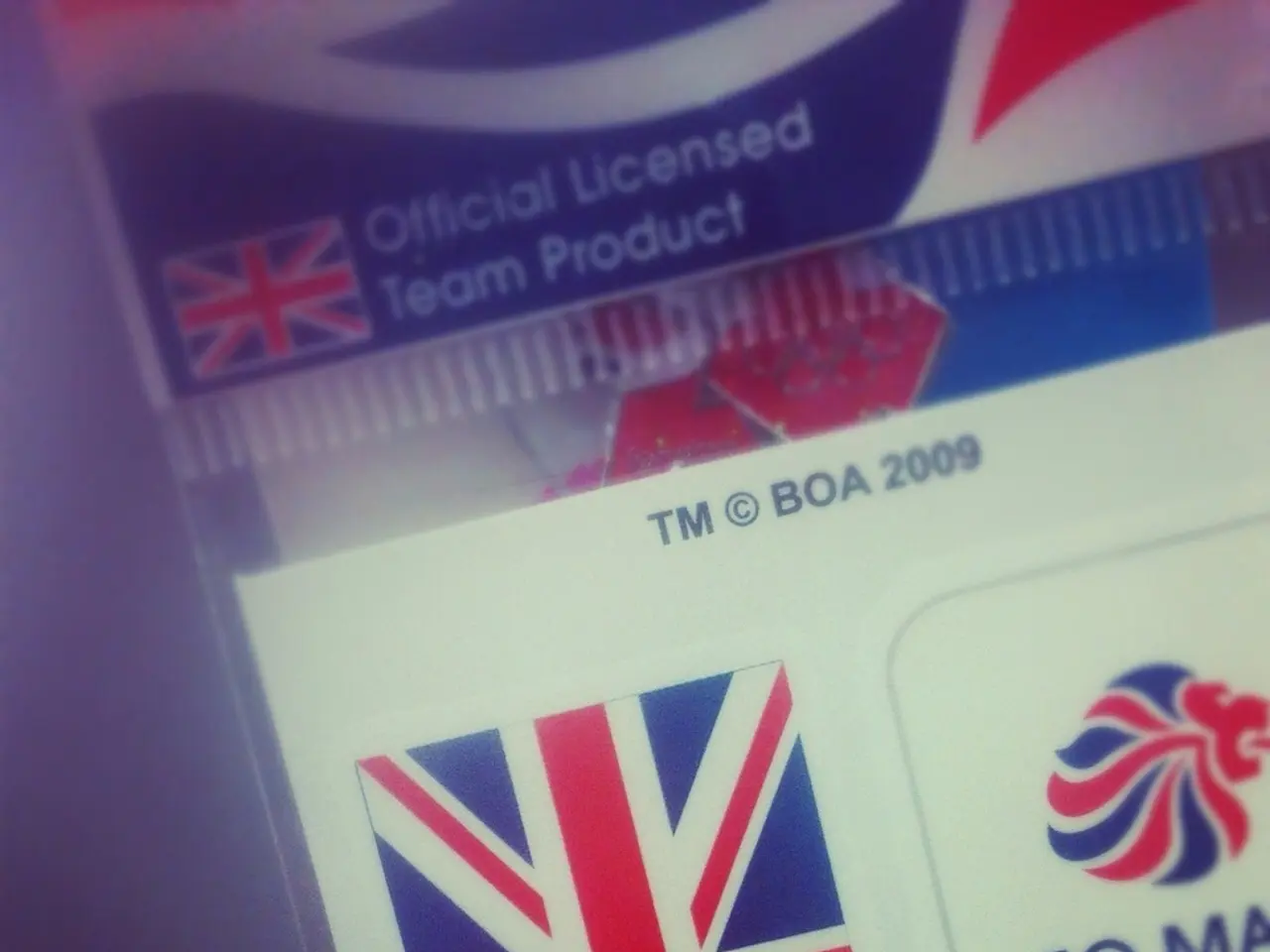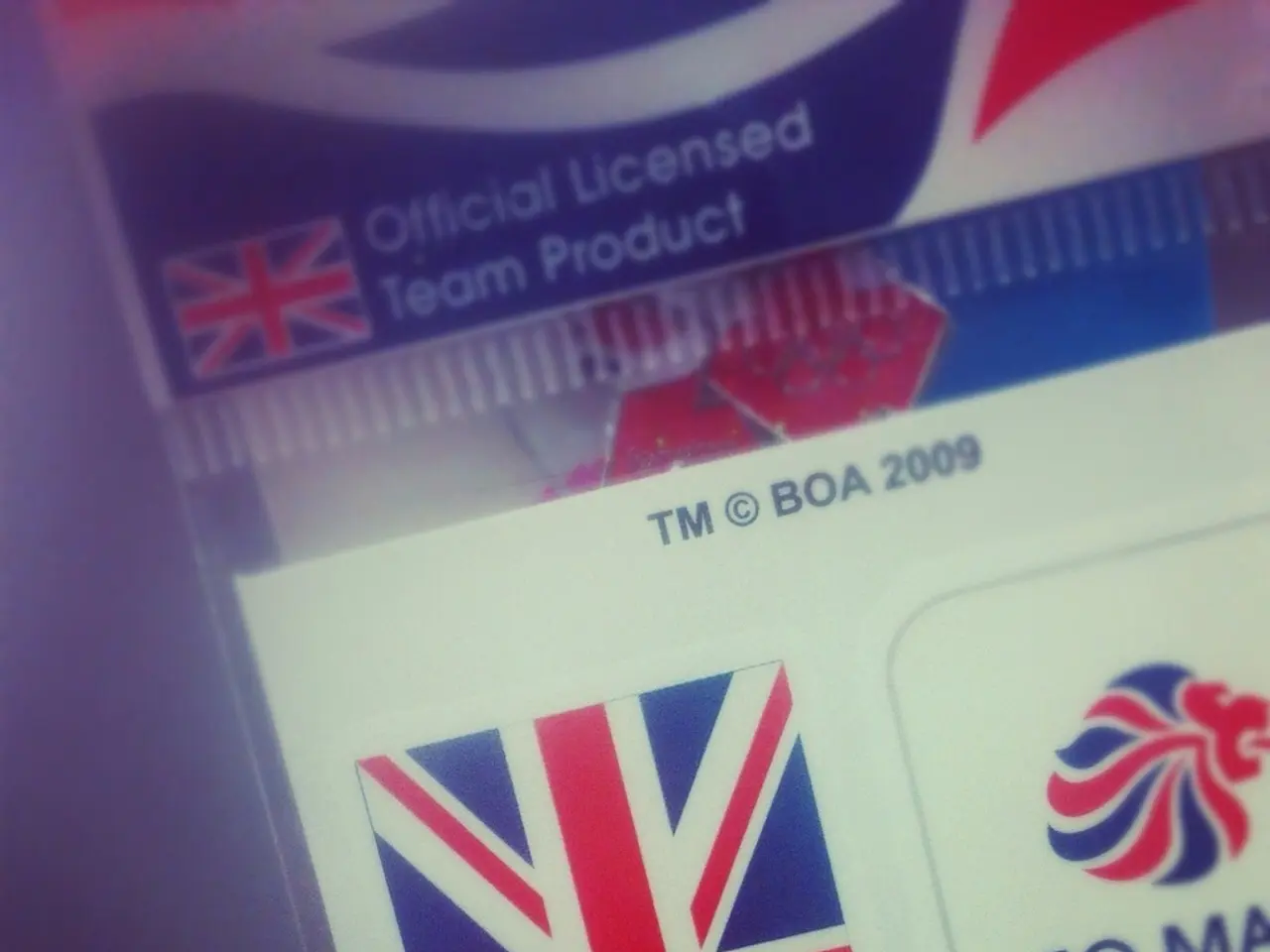Revealing the Status of Qualified Purchasers
In the world of finance, it's essential to comprehend the various categories of investors to ensure compliance with SEC legislation and avoid potential reputation harm from dealing with the wrong investor. Two such categories are accredited investors and qualified purchasers.
An accredited investor is an individual or entity that meets specific income, net worth, or professional certification requirements set by the SEC. These investments typically include private companies, hedge funds, venture capital, and other alternative assets. To qualify as an accredited investor, an individual needs a net worth over $1M or an income over $200,000 per year ($300,000 together with a spouse) for the past three years. Entities such as banks, trusts, family offices, and entities owned by accredited investors also fall under this category.
On the other hand, a qualified purchaser is a more stringent SEC designation, primarily defined by the amount of investment assets owned. Qualified purchasers are typically individuals or entities with at least $5 million in investments. This status allows access to certain investment funds and offerings not available even to all accredited investors.
The key difference between the two lies in the qualification thresholds. While accredited investors are defined by income, net worth, or professional credentials, qualified purchasers are defined by asset ownership. For instance, securities (stocks, bonds), real estate for investment purposes, financial instruments such as futures and swaps, cash/cash equivalents, retirement plans, and trust funds controlled by an individual are examples of investments that qualify an individual or entity as a qualified purchaser.
Accredited investors gain access to a broader range of private securities, but these offerings are still more restricted than public market investments. Qualified purchasers, however, are eligible for certain additional types of investment funds, particularly investment companies that are exempt from registration. These funds are often not available to even all accredited investors, only those who meet the higher asset threshold.
The distinctions are designed to protect less wealthy or less sophisticated investors from the greater risks involved with private and alternative investments. Accredited investor rules allow broader access than the general public, while qualified purchaser rules further restrict certain high-risk investments to individuals and entities with substantial investment experience and assets.
In the US jurisdiction, a title for an individual or family business is a qualified purchaser. Private funds often seek solely qualified purchasers as investors, and an entity owned strictly by qualified purchasers can also be considered a qualified purchaser.
It is essential to know the eligibility of investors for companies involved in transactions with them. For a step-by-step guide on investor verification, refer to our guide on the subject. Remember, understanding these investment categories is crucial for businesses navigating the complex world of private investments.
[1] SEC.gov - Accredited Investor Definition [2] SEC.gov - Qualified Purchaser Definition [3] Investopedia - Accredited Investor [4] Investopedia - Qualified Purchaser [5] FINRA - Accredited Investor Definition and Qualification Criteria
An individual or entity must meet the specific requirements set by the SEC to be recognized as an accredited investor, which may include income, net worth, or professional certification. On the contrary, a qualified purchaser is primarily defined by the amount of investment assets owned, typically amounting to at least $5 million.




